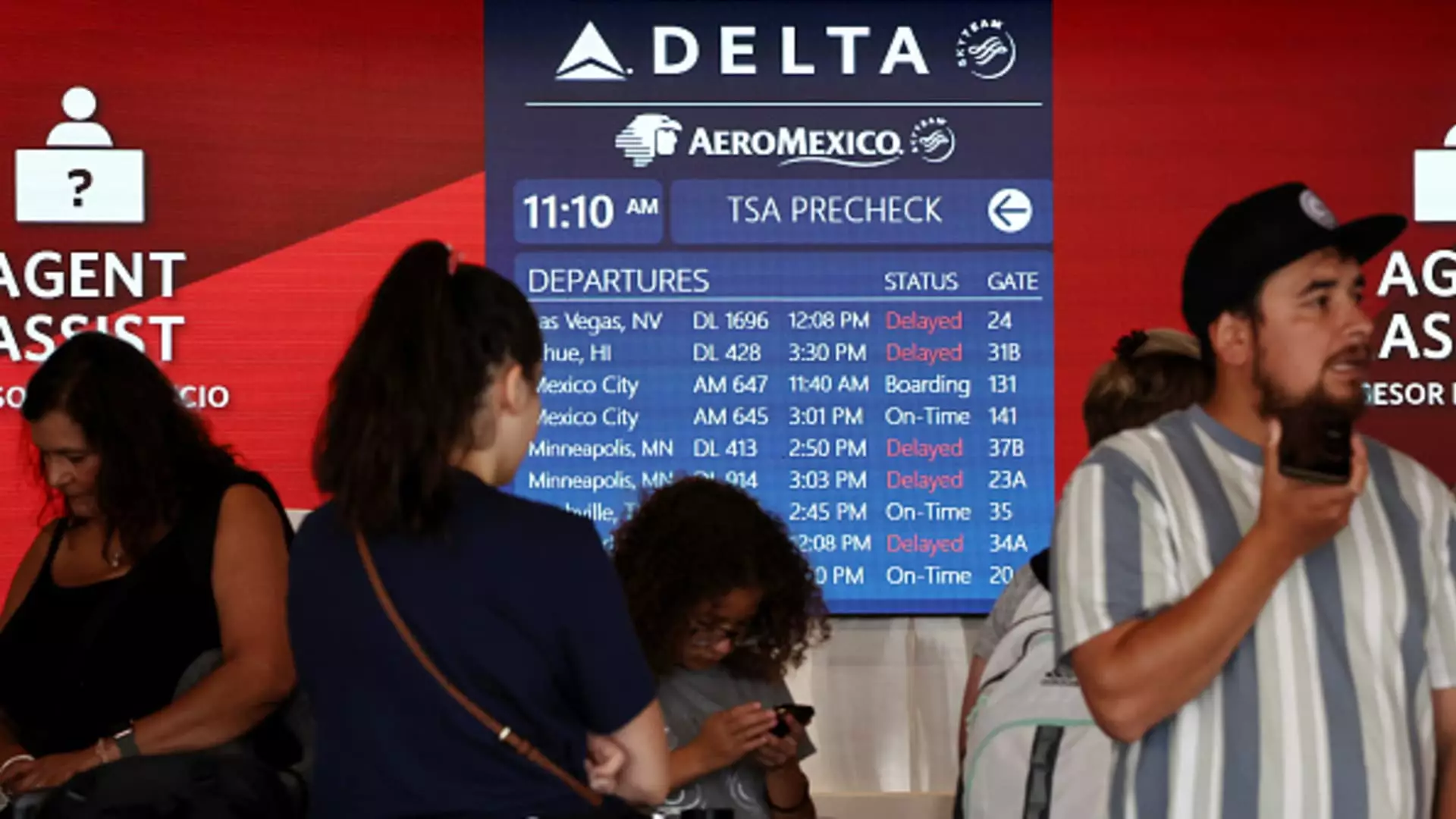It was recently reported that Delta Air Lines rejected onsite assistance from CrowdStrike following a massive outage last month that resulted in thousands of flight cancellations. Delta CEO Ed Bastian revealed on CNBC’s “Squawk Box” that the company incurred losses of approximately $500 million due to customer compensation and other costs related to the outage. Despite CrowdStrike’s willingness to provide assistance, Bastian stated that the airline had no choice but to pursue legal action to recover its losses, hiring law firm Boies Schiller Flexner for this purpose.
CrowdStrike’s Response
In response to Delta’s decision to pursue legal claims, Michael Carlinsky, a lawyer representing CrowdStrike, expressed concern in a letter to Delta’s lawyer David Boies. Carlinsky highlighted that Delta’s threats of litigation had created a misleading narrative suggesting that CrowdStrike was responsible for the airline’s IT decisions and response to the outage. He mentioned that CrowdStrike’s CEO George Kurtz had reached out to Bastian to offer onsite assistance, but received no response from Delta. This lack of communication exacerbated the situation, leading to a breakdown in resolving the crisis effectively.
The outage, which was caused by a botched software update, resulted in Delta canceling more than 5,000 flights between July 19 and July 25. This had a significant impact on the airline, leading to more cancellations compared to its competitors. CrowdStrike, whose shares dropped by over 36% following the outage, faced scrutiny for its role in the incident. The outage not only affected Delta but also had broad implications for industries such as banking, healthcare, and air travel.
With Delta planning to seek damages for its losses, CrowdStrike emphasized that the airline would need to explain its actions and decision-making process to various stakeholders, including shareholders and potentially a jury. Carlinsky underscored that Delta would be required to preserve documents detailing its IT infrastructure, business continuity plans, and past responses to outages. He also pointed out that CrowdStrike’s contractual liability was limited to single-digit millions, raising questions about the extent of Delta’s claims against the company.
In light of the escalating tensions between Delta and CrowdStrike, the latter expressed a hope for cooperative dialogue to find a resolution to the issue. CrowdStrike emphasized that it had taken steps to address the situation, including releasing software updates in stages to prevent future incidents. However, the lack of communication and collaboration between the two parties indicated a need for better coordination in handling such crises in the future.
The miscommunication and misunderstandings between Delta Air Lines and CrowdStrike following the outage underscore the importance of effective communication and collaboration in crisis situations. Both companies have a responsibility to work together to address the root causes of the issue and prevent similar incidents from occurring in the future. By fostering a spirit of cooperation and transparency, Delta and CrowdStrike can resolve their differences and ensure smoother operations in the future.


Leave a Reply